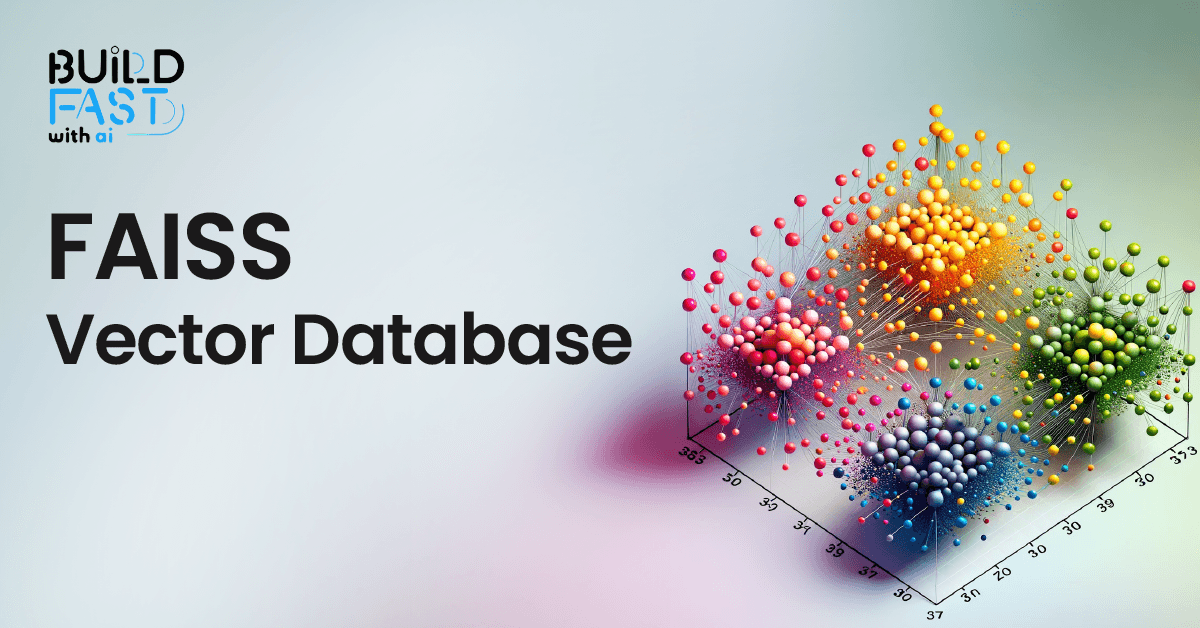Transform Education with Educhain: Your AI-Powered Python Library for Content Creation
Educhain is revolutionizing education with its open-source Python library, leveraging generative AI to create personalized learning materials like multiple-choice questions (MCQs), lesson plans, flashcards, and notes. By ingesting content from YouTube videos, images, URLs, and PDFs, Educhain empowers educators and developers to craft engaging resources in minutes. This SEO-optimized guide explores Educhain’s features, provides practical Python examples, and shows how it can transform teaching and learning. Discover why Educhain, available at educhain.in and github.com/satvik314/educhain, is a must-have for modern education.
Why Educhain Stands Out
Educhain simplifies content creation with:
Automation: Generate MCQs, lesson plans, and flashcards instantly, saving hours of manual work.
Versatile Inputs: Create content from text, PDFs, URLs, images, or YouTube videos.
Personalization: Tailor materials to student levels using custom prompts.
Model Support: Integrates with LLMs like OpenAI’s GPT and Google’s Gemini.
Export Flexibility: Save outputs as JSON, CSV, or PDF for LMS integration.
Getting Started with Educhain
Installation
Install Educhain easily:
pip install educhainConfigure LLMs
Set up Educhain with your preferred LLM, such as Google’s Gemini:
from langchain_google_genai import ChatGoogleGenerativeAI
from educhain import Educhain, LLMConfig
gemini_flash = ChatGoogleGenerativeAI(
model="gemini-2.0-flash",
google_api_key="YOUR_GOOGLE_API_KEY"
)
flash_config = LLMConfig(custom_model=gemini_flash)
client = Educhain(flash_config)Tip: Obtain API keys from Google or OpenAI and store them securely.
Generating Multiple-Choice Questions (MCQs)
Create MCQs effortlessly:
from educhain import Educhain
client = Educhain()
questions = client.qna_engine.generate_questions(
topic="Newton's Laws of Motion",
num=5
)
print(questions.model_dump_json())How It Works: Specify a topic and number of questions to generate MCQs in JSON format.
Use Case: Perfect for quizzes, exams, or self-study tools.
Questions from YouTube Videos
Turn video content into questions:
questions = client.qna_engine.generate_questions_from_youtube(
url="https://www.youtube.com/watch?v=dQw4w9WgXcQ",
num=3
)
print(questions.model_dump_json())How It Works: Extracts key insights from videos to create relevant questions.
Use Case: Enhances flipped classrooms and video-based learning.
Diverse Question Types
Generate True/False, Fill in the Blank, or other question types:
questions = client.qna_engine.generate_questions(
topic="Psychology",
num=10,
question_type="Fill in the Blank",
custom_instructions="Only basic questions"
)
print(questions.model_dump_json())How It Works: Customize question types and instructions for varied assessments.
Use Case: Suits diverse learning needs and curricula.
Creating Lesson Plans
Produce structured lesson plans instantly:
plan = client.content_engine.generate_lesson_plan(
topic="Newton's Laws of Motion"
)
print(plan.model_dump_json())How It Works: Generates detailed plans with objectives, activities, and assessments.
Use Case: Saves educators time for classroom or online teaching.
Custom Prompts for Tailored Content
Control outputs with custom templates:
custom_template = """
Generate {num} multiple-choice questions based on the given topic and level.
Provide the question, four answer options, and the correct answer.
Topic: {topic}
Learning Objective: {learning_objective}
Difficulty Level: {difficulty_level}
"""
questions = client.qna_engine.generate_questions(
topic="Python Programming",
num=2,
learning_objective="Usage of Python classes",
difficulty_level="Hard",
prompt_template=custom_template
)
print(questions.model_dump_json())How It Works: Define parameters to tailor question style and difficulty.
Use Case: Ideal for advanced or specialized educational content.
Questions from Images
Generate questions from diagrams or images:
question = client.qna_engine.solve_doubt(
image_source="path-to-your-image",
prompt="Explain the diagram in detail",
detail_level="High"
)
print(question)How It Works: Uses multimodal LLMs to analyze images and create questions or explanations.
Use Case: Great for science, math, or visual-based learning.
Instant Doubt Resolution
Resolve student queries with clear, step-by-step answers:
doubt = client.qna_engine.solve_doubt(
prompt="Explain the concept of inertia in simple terms"
)
print(doubt)Benefits:
Instant, accurate responses for multi-subject queries.
Step-by-step explanations promote understanding.
Integrates with LMS for seamless use.
Use Case: Supports independent learning and reduces teacher workload.
Exporting Content
Save content in flexible formats:
Formats: JSON, CSV, PDF.
Use Case: Integrate with platforms like Moodle, Canvas, or Quizlet for quizzes and study aids.
Benefits for Educators and Developers
Time Efficiency: Automates repetitive tasks like question creation and lesson planning.
Personalized Learning: Adapts content to individual student needs.
Scalability: Supports large-scale content generation for schools or e-learning platforms.
Open-Source: Freely customizable via github.com/satvik314/educhain.
Learning Insights: Tracks common queries to identify student knowledge gaps.
Troubleshooting Tips
API Key Issues: Ensure your LLM API key is valid and correctly configured.
Output Quality: Refine prompts or add specific instructions for better results.
Performance: Process large datasets in smaller batches to avoid memory issues.
Multimodal Tasks: Use a multimodal LLM (e.g., GPT-4o, Gemini-2.0-flash) for image-based content.
Resources
Official Website: educhain.in
GitHub Repository: github.com/satvik314/educhain
Documentation: Check the GitHub repo for detailed setup and usage guides.
LLM Providers: Obtain API keys from OpenAI or Google for model integration.
Conclusion
Educhain is a powerful, open-source Python library that transforms educational content creation with AI. From generating MCQs and lesson plans to extracting questions from videos and images, it offers unmatched flexibility and efficiency. Its support for multiple LLMs, customizable prompts, and export options make it ideal for educators, developers, and content creators. Start using Educhain today at educhain.in or explore its code at github.com/satvik314/educhain to streamline your workflow and create engaging, personalized learning experiences!
Resources and Community
Join our community of 12,000+ AI enthusiasts and learn to build powerful AI applications! Whether you're a beginner or an experienced developer, our resources will help you understand and implement Generative AI in your projects.
Website: www.buildfastwithai.com
LinkedIn: linkedin.com/company/build-fast-with-ai/
Instagram: instagram.com/buildfastwithai/
Twitter: x.com/satvikps
Telegram: t.me/BuildFastWithAI



